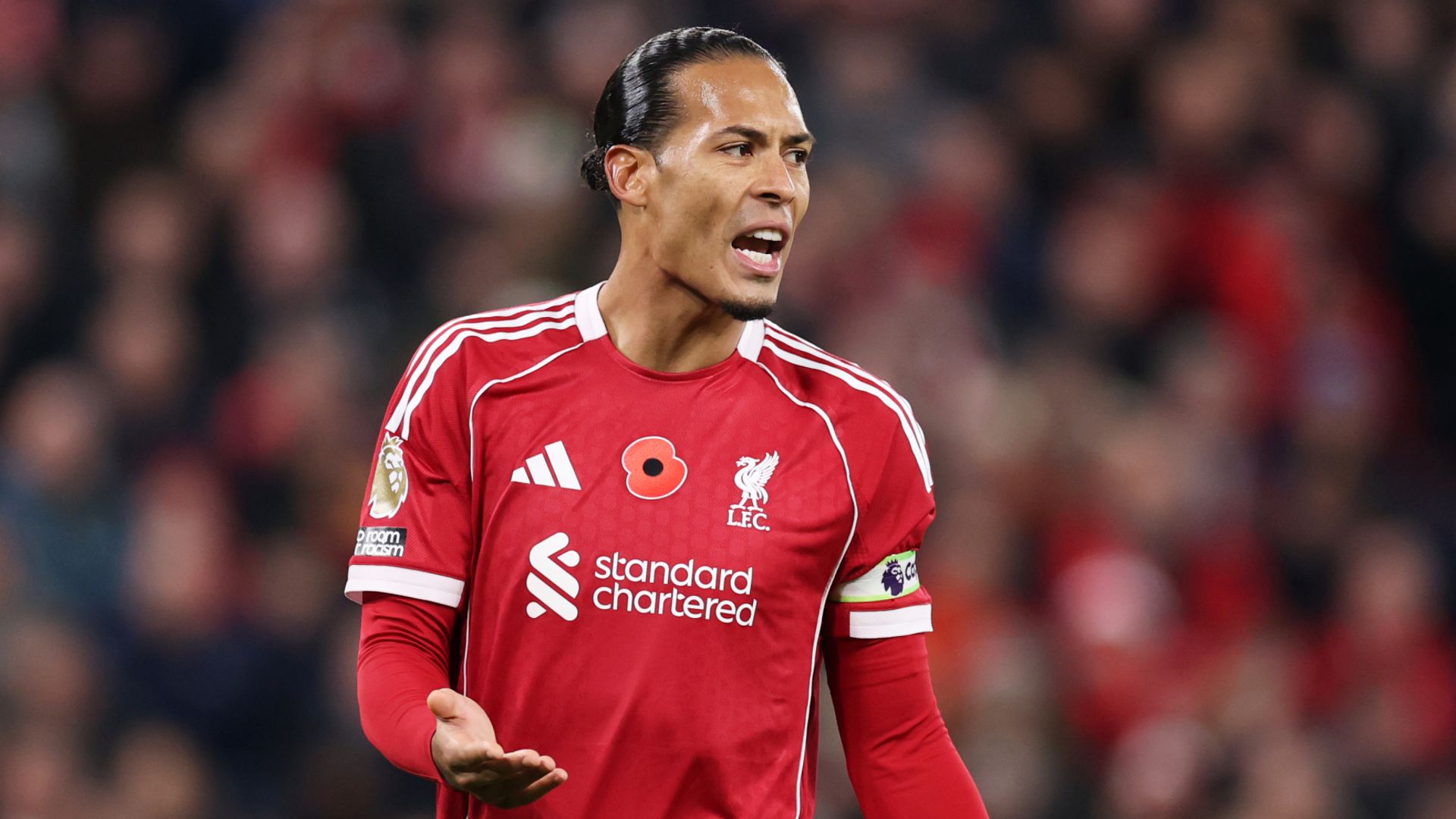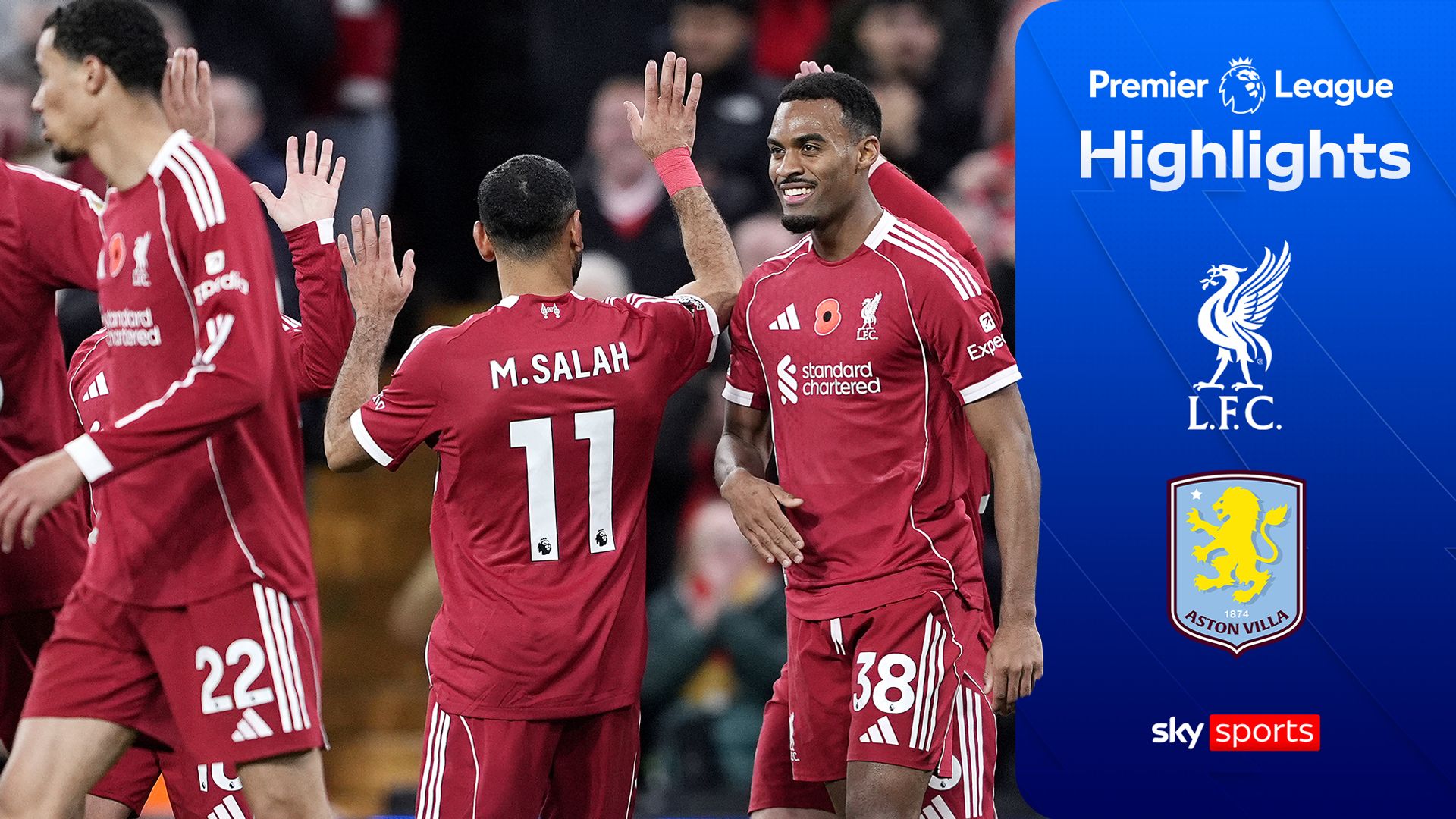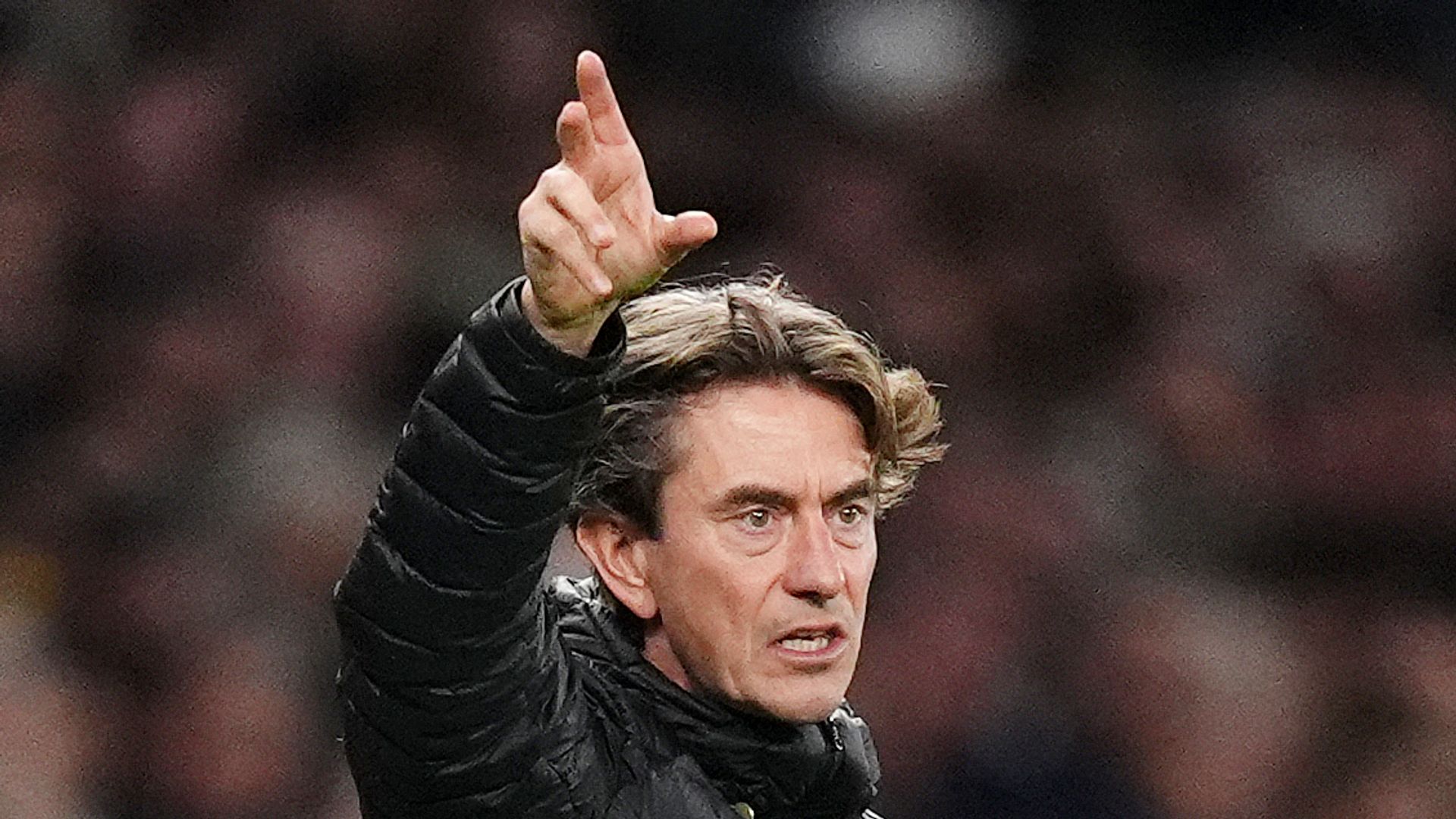Van Dijk’s Outrage Against ‘Ridiculous Takes’ Mirrors the Cultural Battles of Our Time, As Liverpool’s Struggles Spark Division in Football Community
Virgil van Dijk, the captain of Liverpool Football Club, recently expressed his frustration over the criticism directed at his team amid a challenging period marked by a series of defeats. His comments come in the wake of a losing streak that has drawn intense scrutiny from fans, pundits, and the media alike. Van Dijk labeled the criticism as “ridiculous takes” and condemned the negative “outside noise” that he and his teammates have had to endure. This situation not only highlights the pressures faced by elite athletes but also reflects a broader cultural phenomenon where public figures are often subjected to relentless scrutiny and judgment.
In the world of professional sports, particularly in football, the expectations are monumental. Clubs like Liverpool, with a rich history and a passionate fanbase, are held to high standards, and any deviation from success can lead to significant backlash. This dynamic is intensified in today’s digital age, where social media amplifies opinions and allows for instant feedback from millions of voices. The criticism can often be harsh, unfiltered, and, as van Dijk suggests, sometimes utterly ridiculous.
Historically, Liverpool has been a dominant force in English football, boasting a legacy that includes numerous league titles and European trophies. However, the recent struggles have sparked a wave of debate not just about the team’s performance but also about the expectations placed on them. The club’s storied past includes periods of both triumph and turmoil, reflecting the cyclical nature of success in sports. Fans often find themselves caught in a passionate tug-of-war between loyalty and frustration, leading to a volatile atmosphere when the team fails to perform.
Van Dijk’s remarks can be seen as a defense of not just his team but also the broader athlete experience. Athletes are often portrayed as invulnerable, expected to deliver flawless performances week in and week out. However, they are human beings susceptible to the same pressures and vulnerabilities as anyone else. The concept of “outside noise” is particularly poignant; it underscores how external opinions can seep into the minds of players, affecting their confidence and performance on the pitch.
Moreover, this situation is emblematic of a larger discussion about mental health in sports. The stigma surrounding mental health has been slowly diminishing, yet many athletes still feel the weight of expectations without the necessary support systems in place. Van Dijk’s frustrations echo a growing movement within sports to acknowledge and address mental well-being, advocating for a more compassionate understanding of the challenges athletes face.
The current landscape of football is also marked by divisive narratives that can polarize fan bases. The emergence of social media has given rise to a new culture of commentary, where opinions can quickly escalate into heated debates. This environment can foster an “us versus them” mentality, often leading to a lack of understanding and empathy for the players involved. Critics may focus on isolated incidents or poor performances while overlooking the complexities of the sport and the myriad factors that contribute to a team’s success or failure.
In this context, van Dijk’s comments serve as a rallying cry for unity within the Liverpool community. He urges fans and commentators to reflect on the bigger picture, recognizing that every team goes through rough patches. The pressure on players is immense, and a supportive environment can be crucial in turning around a team’s fortunes. By addressing the “outside noise,” van Dijk is advocating for a more constructive dialogue surrounding the club, one that fosters encouragement rather than criticism.
The Liverpool squad, rich in talent and experience, is more than capable of overcoming their current challenges. The team’s recent history includes a remarkable turnaround, where they transformed from underperformers to Champions League winners in a matter of seasons. This resilience is a testament to the strength of character within the squad, but it requires a collective effort from players, management, and fans alike to create an atmosphere conducive to success.
As the debate around van Dijk’s comments continues, it is essential to consider the implications of how we discuss and critique athletes. The conversation must evolve beyond mere statistics and match outcomes; it should encompass the personal journeys of the players, their mental health, and the pressures they face. The football community, including fans, analysts, and club officials, must strive for a more empathetic approach that recognizes the humanity behind the jersey.
In conclusion, van Dijk’s pushback against the pervasive negativity is indicative of a larger cultural shift towards understanding and compassion in sports. His words resonate beyond the realm of football, reflecting the struggles many face when under the public eye. As Liverpool navigates this challenging period, it is a poignant reminder that while success is celebrated, the journey through adversity is equally important and worthy of respect.




